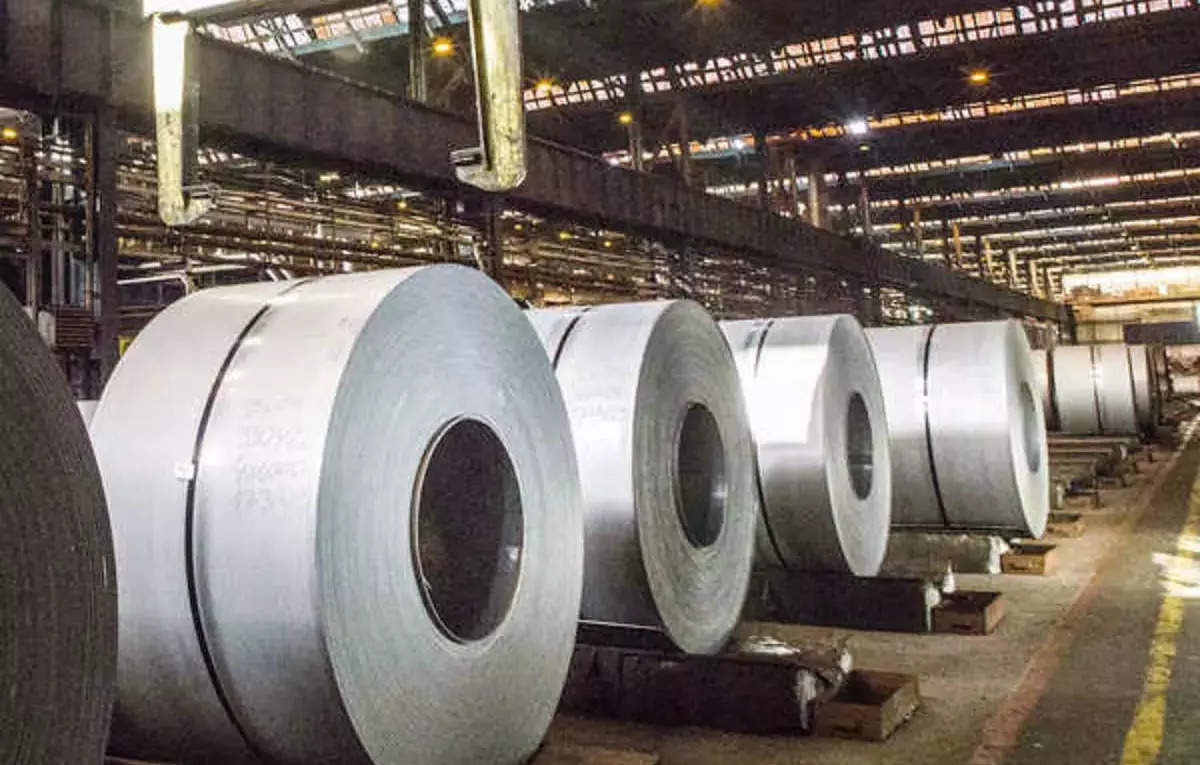Tata Steel UK plant workers vote for strike action – ET Infra

Around 1,500 Tata Steel workers based at two plants in Wales voted in favour of industrial action on Thursday over the company’s plan to close its blast furnaces and shed 2,800 jobs.
The Mumbai-headquartered steel major said it was “disappointed” over the move while consultation continues and pointed to “significant irregularities” in the ballot process in favour of strikes.
While the company says its restructuring plans were important to sustain the business as it transforms to new electric technology, Unite the Union said its workers from the Port Talbot and Newport Llanwern plants had voted against the “disastrous” plans because they did not agree with the approach.
“We are naturally disappointed that while consultation continues, Unite Union members at Port Talbot and Llanwern have indicated that they would be prepared to take industrial action up to and including strike action if an agreement cannot be reached on a way forward for the business and its employees,” a Tata Steel spokesperson said.
“We have written to Unite the Union twice during the ballot process to notify them of significant irregularities in the ballot process they have undertaken,” the spokesperson said.
The company said that since its announcement in January of the company’s plans to invest GBP 1.25 billion and to restructure the UK business, it started a formal information sharing and consultation process with the trade unions, which continues in an “open, collaborative and constructive fashion.”
“While the GBP 1.25 billion commitment with the UK government will ensure a long-term viable future for low-CO2 steelmaking in the UK, our current business is unsustainable, reporting losses of more than GBP 1 million a day. This investment is critical as much of our existing iron and steel making operation in Port Talbot is at the end of its life, is unreliable and inefficient, and it was for this reason that we had to cease our coke-making operations on March 20.
“By restructuring our UK operations we will be able to sustain the business as we transition to new electric arc furnace technology,” the Tata Steel spokesperson said.
The company pointed to an “exciting future ahead,” providing high quality, low-CO2 steels and producing steel from scrap that already exists in significant quantities in the UK, rather than importing iron ore and coal from across the world as a foundation for more “resilient UK manufacturing supply chains.”
However, Unite the Union claims the company has other choices especially as it has secured a commitment from the Opposition Labour Party that it will invest GBP 3 billion in UK steel, compared to the GBP 500 million pledged by the current Conservative Party led government.
“This is a historic vote. Not since the 1980s have steel workers voted to strike in this way. This yes vote has happened despite Tata’s threats that if workers took strike action, enhanced redundancy packages would be withdrawn. Unite will be at the forefront of the fight to save steelmaking in Wales. We will support steel by all and every means,” said Unite general secretary Sharon Graham.
“Other EU (European Union) countries are transitioning their steel industries while retaining and growing their capacity because they know steel has a bright future – a tenfold increase in demand is predicted in the coming years.
“In the UK, Tata’s plans and those of the government reflect the short-term thinking of a clapped-out disinterested government marking time to a general election. In contrast Labour have done the right thing and committed GBP 3 billion to UK steel following intense discussions with Unite,” she said.
The union said dates for the strike action, “scheduled to cause maximum impact,” will be announced soon.
“Our members have their union’s absolute support in striking to stop these cuts – Unite is backing them every step of the way,” added Unite Wales regional secretary Peter Hughes.
Related
Major military infrastructure upgrade completed at Leuchars
Upgraded facilities have been delivered for The Royal Scots Dragoon Guards and 2nd Battalion Royal Electrical and Mechanical Engineers, including refurbished o
UK public EV charge points surpass 75,000 as infrastructure booms
The UK’s electric vehicle (EV) charging infrastructure has hit a significant milestone, with the number of public charge points surpassing 75,000. According t
Infrastructure firm strengthens UK presence with Brierley Hill warehouse |…
National infrastructure service provider MJ Quinn has secured a newly refurbished industrial site in Brierley Hill as part of its ongoing UK ex
UK: Work Begins on New Railway Station in Okehampton
Initial work has begun to build a new railway station in Okehampton, Devon. The new 15 million GBP station, named Okehampton Interchange, will connect We














